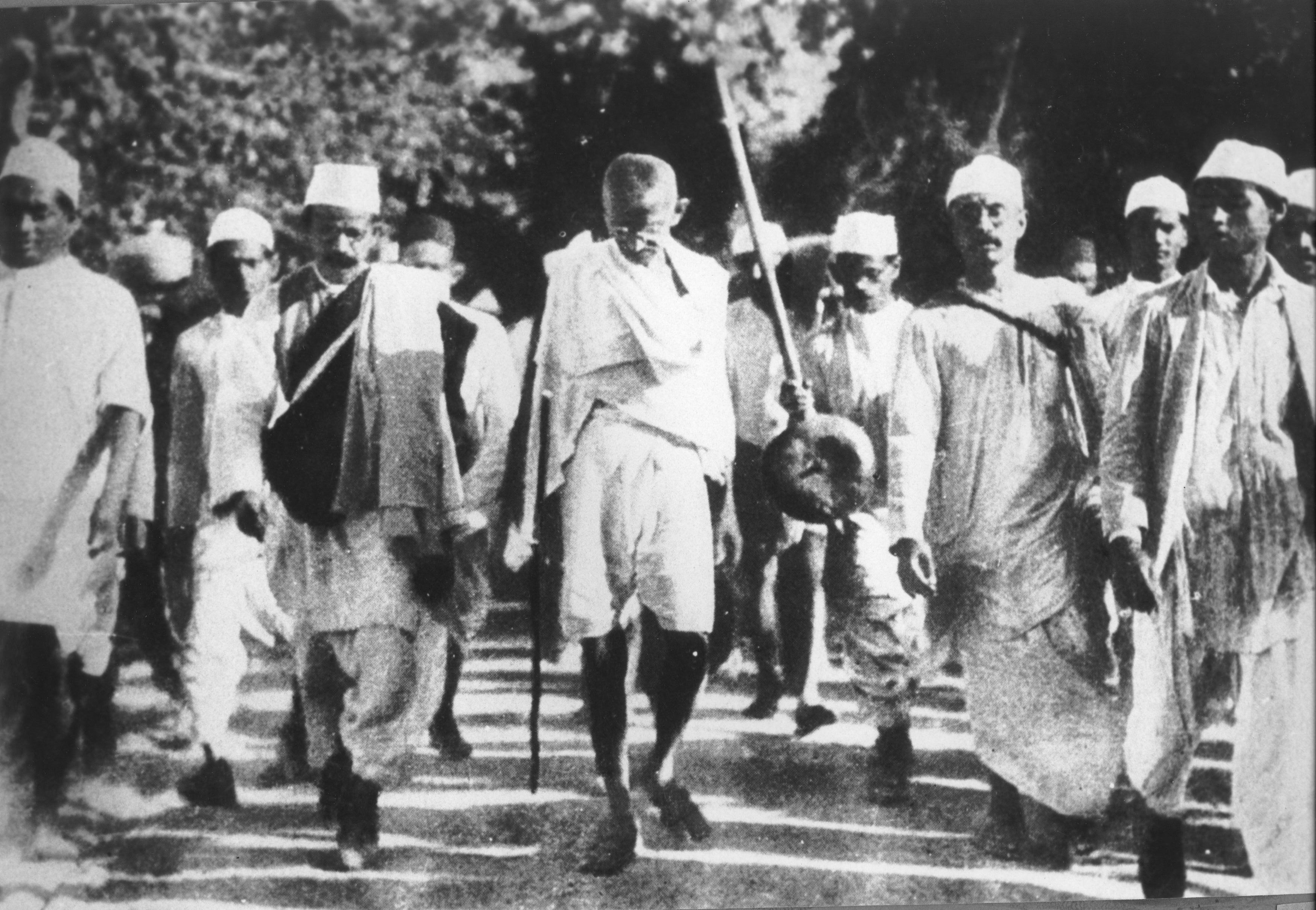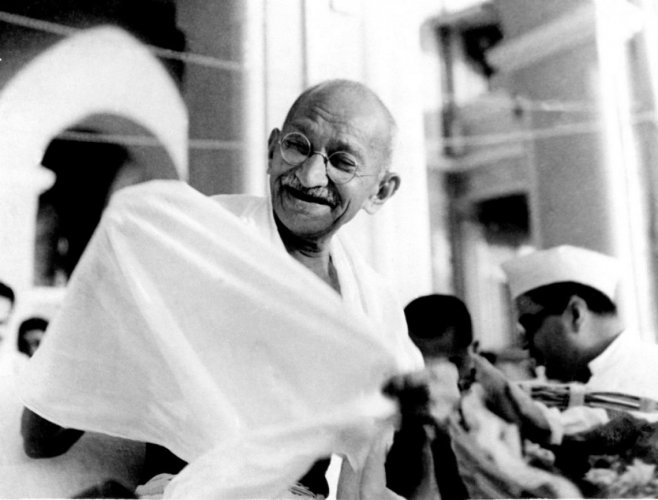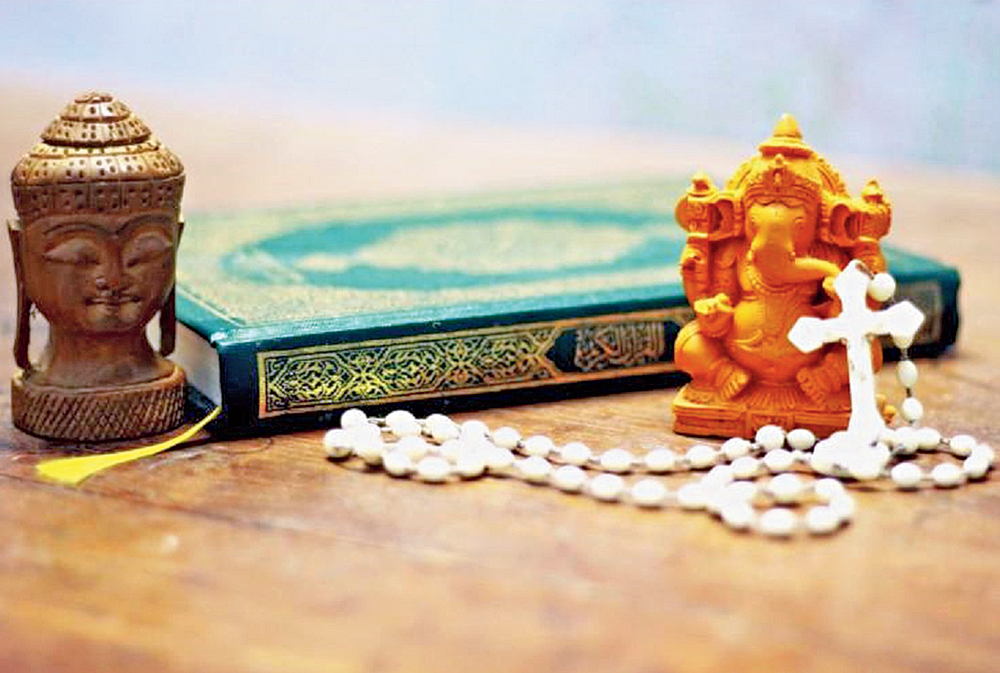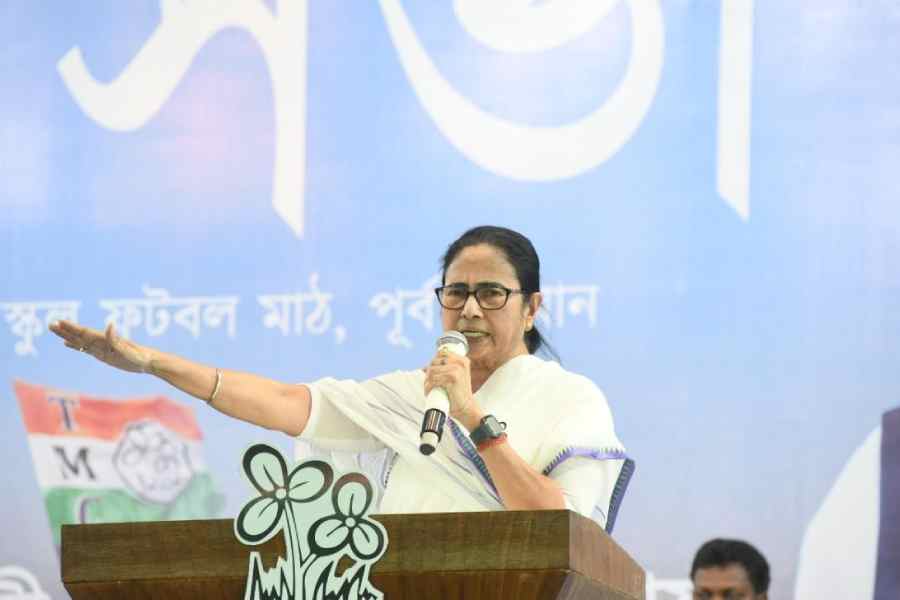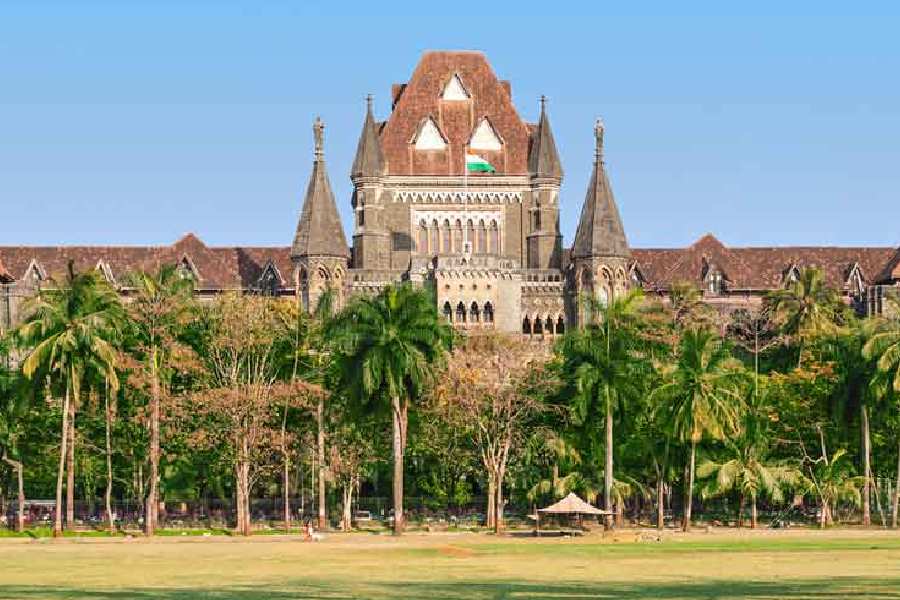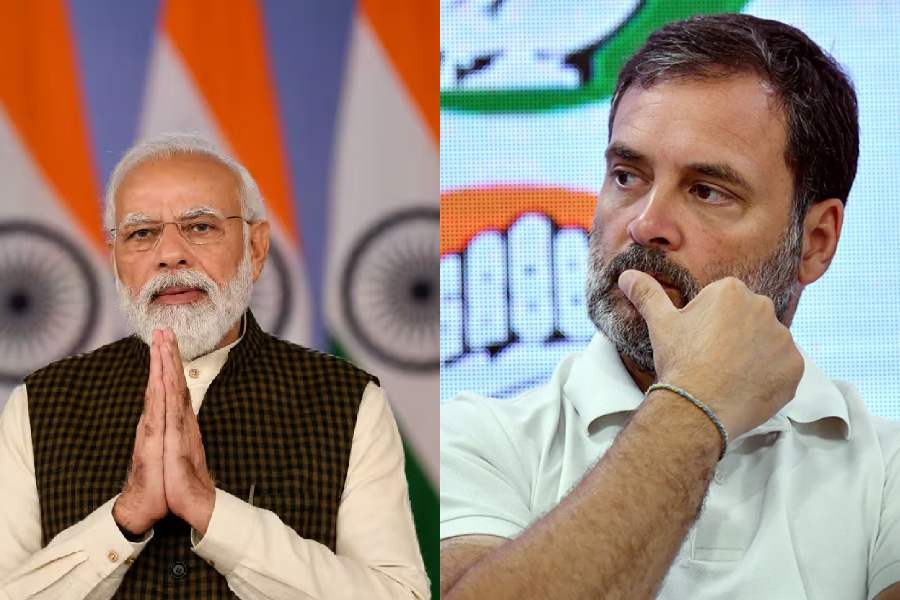A septuagenarian citizen can, at times, be inclined towards contemplation. This holds true for nation states as well. Independent India is another year older; the nation is now 72 years old. There is a case to argue that New India has a lot to think about its transition from the India of Old. This is so because even though change is inevitable in the life of a nation, the direction of the transformation should merit the attention of citizens. India’s tryst with destiny as a sovereign political entity began with an overwhelming approval of two foundational values — secularism and democracy. The constitutional acknowledgement of this national commitment is unambiguous. Yet, there is reason to believe that these two principles — the cornerstone of an inclusive, liberal polity — have come under some strain in recent years under the watch of an elected dispensation. The inclusive character of the republic has been repeatedly threatened by wanton violence perpetrated against minorities. Dissent, too, is under the hammer. Dissenting voices, including those of activists, rationalists, pluralists and journalists, among others, are being stifled or, worse, silenced. What is significant — this should make modern India think even harder — is that this brazen intimidation has been legitimized in the name of national welfare. The Machiavellian projection of the erosion of morality as an exercise in righteousness must count as one of the enduring legacies of India’s present minders.
It is imperative that septuagenarian India mull over the challenge of a democracy that is eager to march to the tune of majoritarianism. This seemingly contradictory phenomenon is by no means novel. Germany’s Weimar Republic had given way to the spectre of totalitarianism. The Weimar Republic’s failures were largely on the economic front. India, however, is being confronted with a dual challenge. Persistent inequities — social and economic — it is being argued, have led to the collective demand for a muscular, charismatic leadership. The seeming implosion of Indian liberalism must also be understood in this context. The spirit of accommodation conceived by India’s architects has been betrayed — the irony is rather delicate — by those who had been entrusted to keep alive the flame of inclusion.
The past can be a great teacher for the present. India must look back to such glorious epochs as the period of nation-building by pioneering leaders — M.K. Gandhi could be one inspiration — to explore ways of reclaiming the liberties that are now under threat. On this Independence Day, the nation must remember that the price of liberty is not vigilantism, but eternal vigilance.

